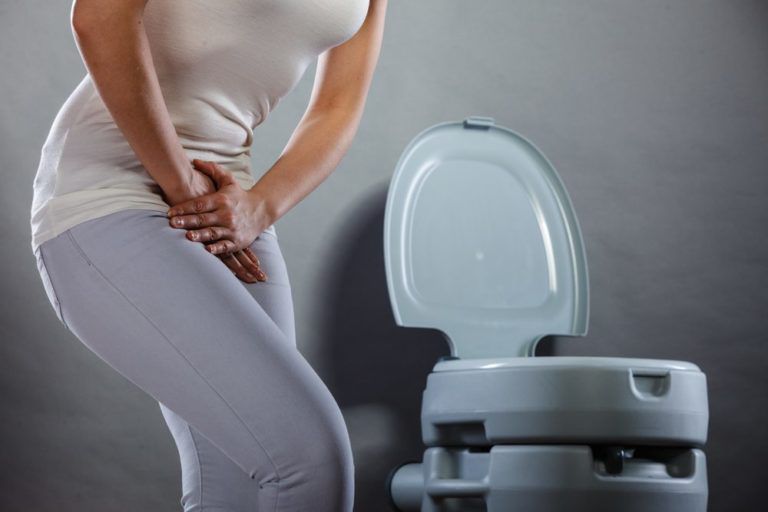Enuresis or bedwetting is a repeated inability to control urination among people old enough to be expected to exercise such control. Although the exact cause of bedwetting is not known, various factors may play a role, including having a small bladder, hormonal imbalance, sleep apnea, and urinary tract infection. Describe how you would approach these assessments.
I would apply different approaches in assessing children and adults with enuresis. For instance, to assess enuresis among children, I would find out if the voiding of urine occurs at least twice per week for at least three consecutive months. I will seek to understand if the voiding of urine causes the child significant distress in social, academic, or other important areas of functioning. Also, I would assess for constipation, which contributes to enuresis. Moreover, I would probe to ensure that the child with suspected enuresis is above seven years.

Among adults with suspected enuresis, I would begin the assessment by testing for hormone-related issues. This is because enuresis in adults results from the production of insufficient amounts of Antidiuretic hormone (ADH), which signals the kidneys to slow down the production of urine.
ADH abnormalities seem to have a role in nighttime bedwetting. I would also approach the assessment by examining the size of the bladder. This is because a smaller bladder feels fuller at lower volumes meaning that a person may need to urinate more frequently.
Also, I would assess enuresis by examining the Detrusor muscles, which relax when the bladder fills and contract when it’s time to empty. If the muscles contract at the wrong time, then people become unable to control urination. I will end the assessment by investigating if the patient has chronic conditions such as cancer and diabetes mellitus or is under certain prescription medications. APA
